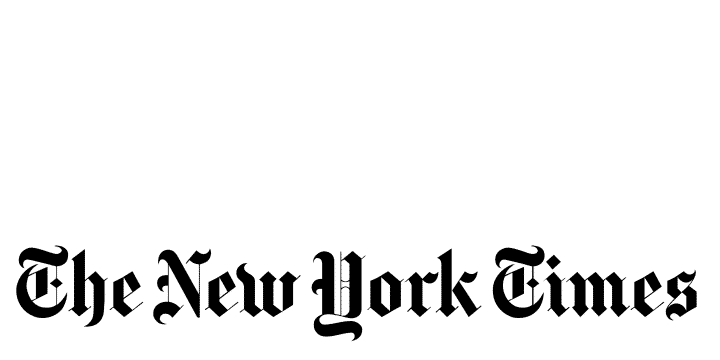What is liberalism? It means and has meant many different things. We speak of Market liberalism, social liberalism and cultural liberalism. Anti-clerical atheists have been liberals, as have reformist archbishops. In the US today, the “L-world” refers to anyone to the left of the Republican party. John Maynard Keynes, Friedrich Hayek, John Rawls and Margaret Thatcher are all reasonably identified as liberals. This polysemy has given liberalism great sway and it has also made it a convenient strawman. Conservatives, social democrats, Marxists, postcolonial thinkers have all defined themselves against liberalism. It has time and again been declared dead. But liberalism has an odd way of coming back. Before neoliberalism there was “new” liberalism. Indeed, as honest critics must acknowledge, so pervasive is liberalism’s influence that it is not obvious that we know how to think beyond its confines. How many of us today can imagine a legal system not based on individual rights? At a moment of crisis how many of us would opt for a revolutionary catastrophe over a Keynesian fix? How many of us would happily give up of the pleasures of the “freedom to choose”?
Read the full article at Prospect


